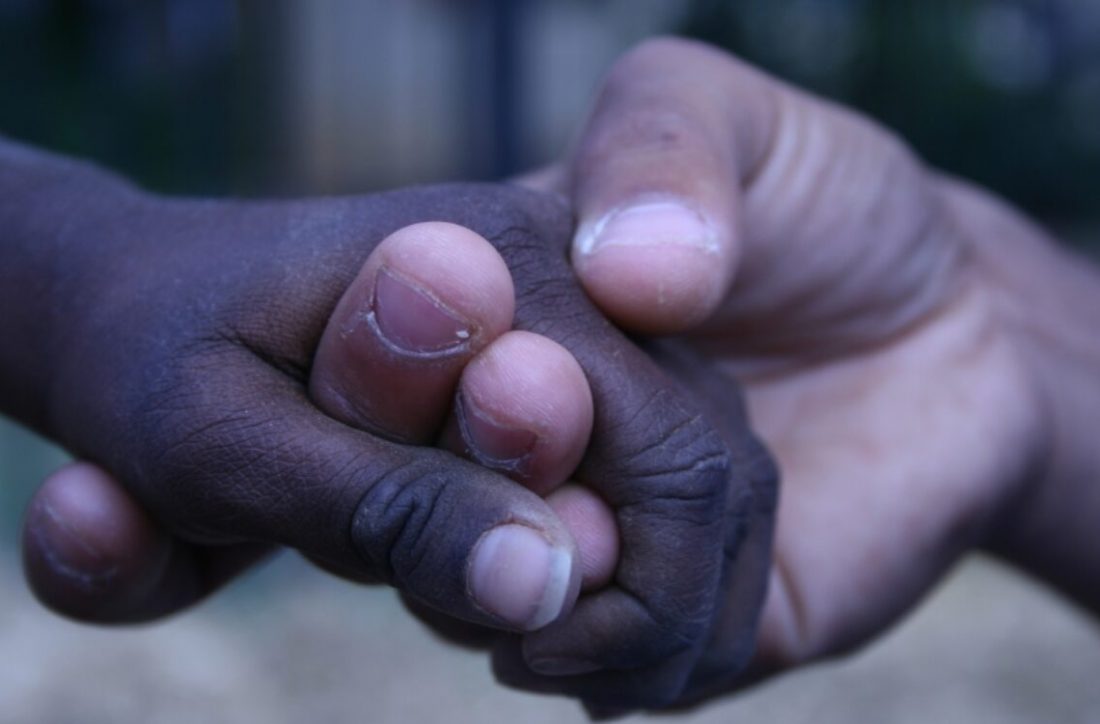This World No Tobacco Day, Central Australian Aboriginal Congress (Congress) prepares for an even greater focus on smoking cessation, following the refunding of a smoking cessation support program including recruitment of community-based Tobacco Action Workers.
“We already know that a person’s health outcomes and health choices are closely linked to their socio-economic conditions, and unfortunately Aboriginal people in remote Australia remain as some of the most disadvantaged people in the nation. As expected, but not accepted, Congress has found that around 48% of all Aboriginal people accessing Congress services in Alice Springs and surrounding communities are current smokers,” said Congress CEO, Ms Ah Chee.
“Furthermore, smoking rates during pregnancy are similar to non- pregnancy rates with current figures showing 43%, while pregnant women engaged with the Australian Nurse Family Partnership program have substantially lower rates, which is very welcome. Of these women, only a third are smokers, with an average number of cigarettes per day falling from 3 to 2 in later stages of pregnancy.
“Smoking during pregnancy has been linked to low birth weight, miscarriages and Sudden Infant Death Syndrome (SIDS). Given there is a dose / response relationship between smoking during pregnancy and these harms, the low mean smoking rates in pregnancy is also very welcome,” she said.
“Despite the high number of smokers, it seems that even in the general Aboriginal community, the average number per day is low and this is almost certainly an impact of the increasing price of cigarettes which is very welcome and helping to reduce the harm caused by tobacco.
“In spite of these gains, the high prevalence of smoking still poses a significant threat to efforts to improve the health equality of Aboriginal people.
World No Tobacco Day highlights that smoking tobacco is one of the most preventable forms of ill health and early death among Aboriginal and Torres Strait Islander people; however, Ms Ah Chee says that sustainable prevention requires longer term investment in the broader social determinants of health that enable people to have the capacity and capability to make the right choices for their health and wellbeing.
“Congress will continue to call for public health taxes, smoke-free workplaces, public spaces, community events, homes and cars, as well as sustained investment in long term approaches to prevention of poor health outcomes and risky behaviour including early childhood development, education, alcohol and other drugs and housing,” said Ms Ah Chee.
Through its Tackling Aboriginal Smoking Program, Congress will deliver smoking cessation support and activities in Alice Springs and the surrounding remote communities (Amoonguna, Mutitjulu, Utju, Ntaria, Wallace Rockhole and Ltyentye Apurte). Aboriginal Tobacco Action Workers will be available to provide support and encouragement to community members wanting to quit.
Through the Tackling Aboriginal Smoking program, Congress aims to make everyday a No Smoking Day within our communities. Congress encourages all people in the community to take the time on World No Tobacco Day to reflect on how you can quit or support those around you to quit.
Media Contact: Emily MacKenzie 0408 741 691
